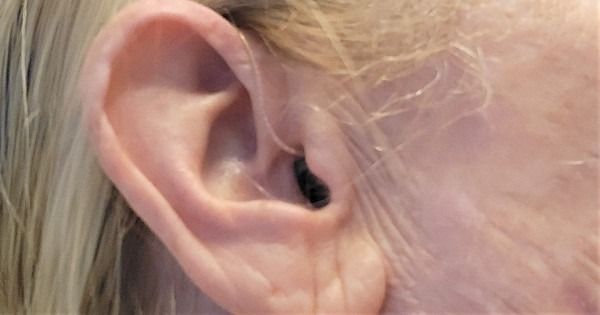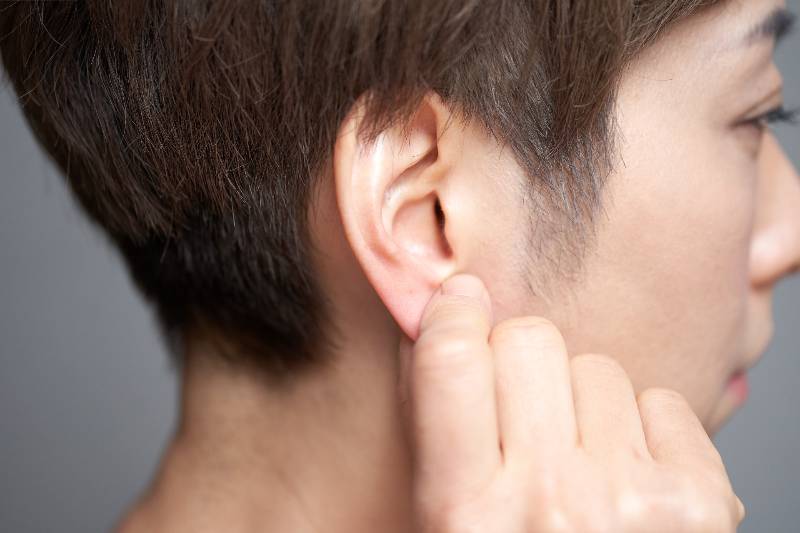Introduction
Meningitis can be a terrifying experience for both children and their parents. One of the most common and lasting side effects of this infection is hearing loss. In this blog post, we aim to provide concerned parents with practical, solution-oriented advice to help them navigate the challenges of meningitis and hearing loss. We will explore various topics, including early intervention, technology, and support systems, all with an encouraging tone to empower parents on this journey. Let’s dive into the world of meningitis and hearing loss and discover the tools and resources available to help families overcome these obstacles.
The Lifesaving Potential of Vaccines in Preventing Meningitis and Hearing Loss
Vaccines play a vital role in protecting children from meningitis and its potential complications, including hearing loss. There are several vaccines available that protect against the most common types of bacterial meningitis. Ensuring your child receives these vaccines according to the recommended immunization schedule is one of the best ways to prevent meningitis and its associated hearing loss.
In addition to the routine immunizations recommended for all children, some individuals may require additional vaccinations based on their age, medical history, or risk factors. Parents should consult their healthcare provider to determine if their child needs any additional vaccines to protect them from meningitis.
It’s important to remember that while vaccines are highly effective in preventing meningitis, no vaccine offers 100% protection. Parents should remain vigilant in recognizing the signs and symptoms of meningitis and seeking prompt medical attention if they suspect their child may be infected.
FAQ – Hearing Loss: Learn what you need to know
Harnessing the Power of Hearing Aids for Children with Meningitis and Hearing Loss
For many children who experience hearing loss due to meningitis, hearing aids can be a life-changing solution. These devices can help amplify sounds, making it easier for children to hear and understand speech. There are various types of hearing aids available, each with their unique features and benefits.
Parents should work closely with their child’s audiologist to determine the most suitable hearing aid for their child’s specific needs. Factors such as the degree and type of hearing loss, the child’s age, and their lifestyle will influence the choice of hearing aid.
Regular follow-up appointments with the audiologist are essential to ensure the hearing aid is functioning correctly and meeting the child’s needs. These appointments provide an opportunity to make any necessary adjustments to the hearing aid settings and to address any concerns or questions the parents may have.
Creating an Accessible and Inclusive Educational Environment for Children with Meningitis and Hearing Loss
Education is a critical aspect of every child’s life, and it is essential to create an accessible and inclusive environment for children with hearing loss caused by meningitis. Parents can work collaboratively with educators and support staff to develop an individualized education plan (IEP) that addresses the child’s specific needs and accommodations.
Classroom accommodations may include preferential seating, the use of assistive listening devices, and visual aids to support learning. Teachers should also be encouraged to adopt inclusive teaching strategies, such as speaking clearly and facing the class when speaking, repeating or rephrasing information, and using visual cues to support understanding.
In addition to working with school staff, parents can also seek support and advice from organizations and professionals specializing in hearing loss and education. These resources can provide valuable guidance and recommendations to ensure the child’s educational experience is accessible, inclusive, and successful.
Supporting Emotional Well-being in Children with Meningitis and Hearing Loss
Experiencing meningitis and hearing loss can have a significant impact on a child’s emotional well-being. It is crucial for parents to be aware of the emotional challenges their child may face and to provide a
well-being is to engage in open and honest conversations with your child about their hearing loss. Encourage them to share their feelings and validate their emotions. It’s essential for children to know that they are not alone in their journey and that their feelings are understood and acknowledged.
Parents can also seek support from mental health professionals, such as psychologists or counselors, who specialize in working with children with hearing loss. These professionals can help children develop coping strategies, build resilience, and address any emotional challenges they may face.
Lastly, connecting with other families who have experienced meningitis and hearing loss can provide valuable support and understanding. Joining support groups, either in-person or online, can create a sense of community and help children realize they are not alone in their experiences.
The Role of Cochlear Implants in Transforming Lives with Meningitis and Hearing Loss
For some children with severe to profound hearing loss due to meningitis, cochlear implants may offer a transformative solution. These surgically implanted devices bypass the damaged parts of the inner ear, directly stimulating the auditory nerve to provide a sense of sound.
The decision to pursue cochlear implantation is a significant one, and parents should work closely with their child’s healthcare team to determine if this option is suitable for their child. Factors such as the degree of hearing loss, the child’s age, and their overall health will be considered when making this decision.
Following cochlear implant surgery, children will require ongoing support from a team of professionals, including audiologists, speech therapists, and educators, to help them adapt to their new hearing capabilities. With time, patience, and dedication, cochlear implants can significantly improve a child’s ability to hear and communicate, enhancing their quality of life.
QUIZ - SYMPTOMS OF HEARING LOSS
Current Research on Meningitis and Hearing Loss
Researchers worldwide continue to investigate the relationship between meningitis and hearing loss, seeking to better understand the mechanisms behind this connection and develop new treatments and interventions. One area of research focuses on identifying the specific factors that contribute to hearing loss in meningitis patients. By understanding these factors, scientists hope to develop targeted therapies that could help prevent or minimize hearing loss in individuals affected by meningitis.
Another promising area of research is the development of novel drug therapies aimed at protecting the delicate structures of the inner ear during a meningitis infection. Some studies have explored the use of antioxidants and anti-inflammatory drugs to mitigate the damage caused by the infection and inflammation, thus preserving hearing function. While these treatments are still in the experimental phase, they hold significant potential for improving outcomes for those affected by meningitis and hearing loss. As researchers continue to unlock the mysteries surrounding meningitis and hearing loss, the hope is that these advancements will lead to better prevention, earlier intervention, and more effective treatments for those impacted by this challenging condition.
Conclusion
In this comprehensive blog post, we have explored various solution-oriented strategies to support parents and children navigating the challenges of meningitis and hearing loss. By highlighting the lifesaving potential of vaccines, we emphasized the importance of protecting children from meningitis and its complications. We also discussed the benefits of hearing aids and cochlear implants, demonstrating how technology can significantly improve a child’s ability to hear and communicate.
Additionally, we stressed the significance of creating an accessible and inclusive educational environment for children with hearing loss, as well as the importance of supporting their emotional well-being. Collaborative efforts with healthcare professionals, educators, and support networks can help ensure that children with meningitis and hearing loss receive the best possible care and resources.
In conclusion, armed with knowledge and a proactive approach, parents can empower themselves and their children to overcome the obstacles associated with meningitis and hearing loss. By embracing available solutions and resources, families can foster resilience, ensuring a brighter future for their children.








